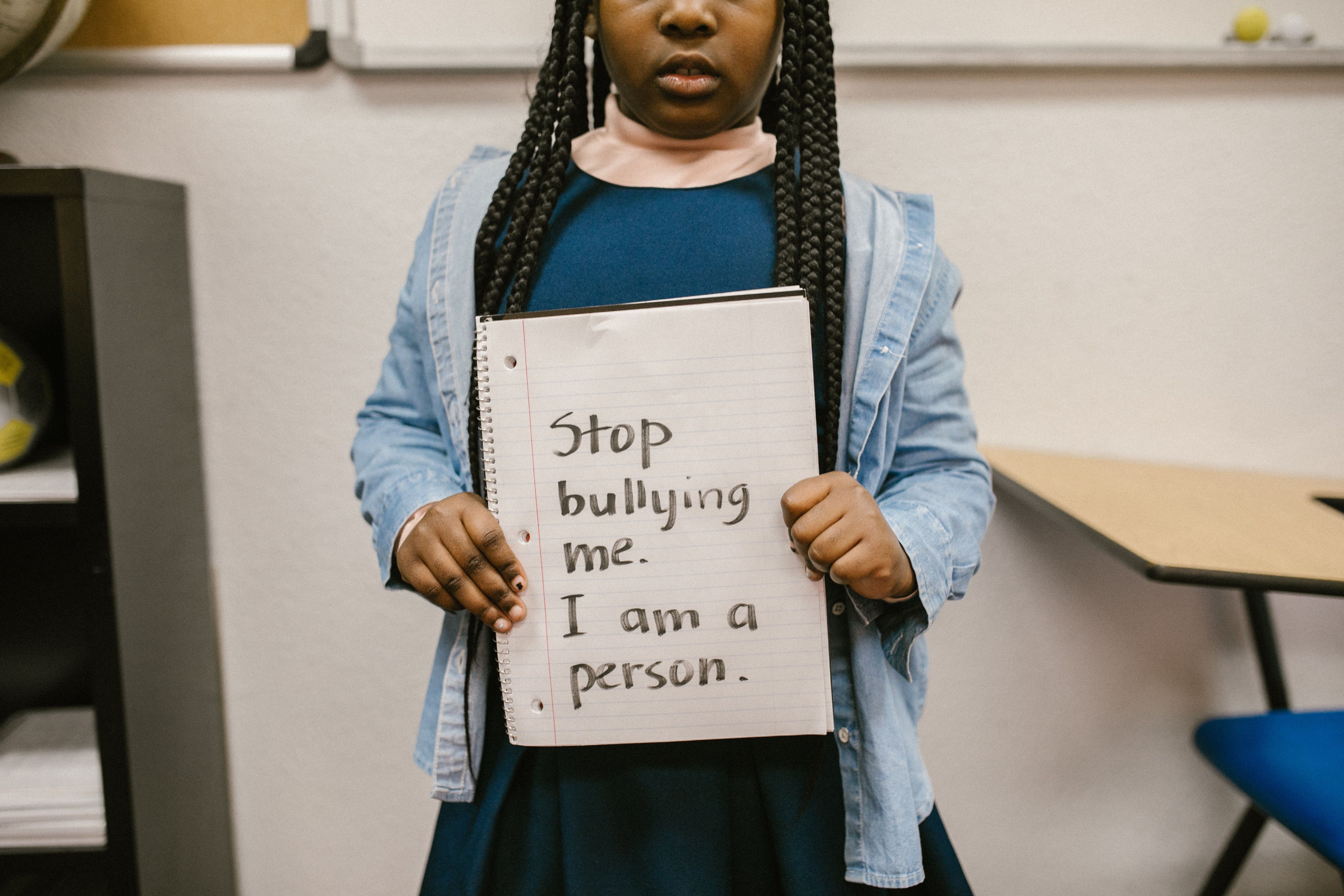Technology has revolutionized how we do things, but unfortunately, some things never change. The internet proved to be an amazing communication tool for people to connect with other like-minded individuals. Users who once felt isolated or unheard find refuge in the online community they would have never met in their own backyards.
Some people exploit this reach, though, and use their connections and perceived anonymity to attack people. The bully of today doesn’t have to push you down and steal their lunch money. Anyone may accomplish harassment or tease from their safety found behind their keyboards.
Cyberbullying is hard to manage and very damaging, but is it a crime?
What Is Cyberbullying?

Cyberbullying refers to any instance where someone uses the internet to harass, tease, threaten, or mock another person. This behavior happens on any platform or technology where communication is possible, from social media platforms like Instagram and Facebook, to gaming sites or even mobile devices.
Sometimes, this form of bullying targets people the offenders know in real life. Perhaps a mean school girl decides to make cruel comments underneath their victim’s posts or harassing them through direct messaging.
There are many cases where people do this to absolute strangers they meet online. Influencers and other online celebrities are no strangers to mean comments and spam of hate.
Cyberbullying brings cruelty to a whole new level of audience now, though. Popular content sharing platforms, like TikTok and Instagram, facilitate embarrassing clips or mean-spirited jokes to go viral. Sometimes, it’s challenging to differentiate between a staged challenge or a heartless prank.
Is Cyberbullying a Crime?
Bullying laws vary from state to state. Most counties require that, at the very least, schools must adopt anti-bully policies which encompass cyberbullying. Schools are a place of learning, and if bullying creates such a hostile environment, others don’t feel comfortable expressing themselves and learn, this is a huge problem.
However, how far a school has to go also varies from state to state. In some districts, schools may step in at any point and intervene with any instant of bullying, whether it be on the web or the schoolyard. Other districts may only step in if it is an “on-campus” issue.
Just because a school board doesn’t have the legal obligation to help you doesn’t mean you have no means of defense. In extreme cases, bullying is a crime.
Assault, stalking, and harassment charges are a possibility. People can’t legally send you or your loved ones death threats or spam their phones with hate speech. Even if the offender in question is a minor, legal guardians are responsible for this type of behavior.
While this is something you can bring up to the cops or even in court, it is a complex case to make. It is easy to be anonymous online, and finding undeniable proof someone did something to you is challenging and has problems standing up in the court of law.
What Should I Do if I Am the Victim of Cyberbullying?

If you are a member of cyberbullying, don’t be afraid to seek justice and stand up for yourself. You don’t deserve to put up with bullying, and there are simple tips that help you manage it.
Tell an Adult
If cyberbullying gets out of hand, contacting an adult is a good idea, especially if you are a minor. Cyberbullying seems so much scarier than it is in most cases, and contacting an experienced adult that might know what to do can help.
Adults should talk to their young loved ones about cyberbullying to start a conversation. Children should know there is a safe person to talk to before dealing with these things on their own and having them blow out of proportion.
Report it to the School
When cyberbullying has a connection to the school, you should contact the principal or a teacher. Most districts handle cyberbullying in some manner, and reporting it helps keep you and others protected from harassment.
Bullies aren’t so brutal when they have to face the consequences of their actions. Having a school board threaten them with disciplinary action is often enough to keep them in line (especially when the administration makes parents aware of the situation).
Report It to the Platform
Whether or not you know the person bullying you, the platform you receive the threats or harassment on often has a feature to report or flag any mean behavior. Block and delete the perpetrator from your feed, but not before sending in a formal complaint to the site itself.
Platforms like Facebook or Snapchat punish users for online cyberbullying.
Even if you don’t think an act of bullying is a huge deal, getting them banned from the site might prevent some trolls from messing with the wrong person and seriously doing some damage.
Collect Evidence
Keeping screenshots and copies of chat logs is a good idea to prepare for any situation. Perhaps you report a person and they try to alter the messages to make you look like the bully and you need to prove your innocence. It’s also possible that another victim comes forward and they need more evidence to support their case and your chat log.
In case you do need to reach out to the authorities, this evidence is crucial. Remember to manually save it as soon as you recognize suspicious activities as some platforms allow users to “unsend” messages.
Confront your Bullies
Let your bullies know that you will take action if they don’t stop. Sometimes, this is enough to deter people from harassing you. It is annoying and very socially inept, but some people can’t tell the difference between a joke and being a jerk.
Is Cyberbullying a Problem?

We are beyond this misconception that “sticks and stones will break my bones but names will never hurt me.” Mocking and harassment destroy a person’s confidence and may have dire consequences. Bullying was always a tough situation to manage, but it only got harder when the worldwide web added anonymity, tools, and a large, captive audience.
While cyberbullying is often a criminal offense, relying upon the law alone is not effective. Make sure to talk to your loved ones about the potentials of online bullies and what they should do if they find themselves a victim. Opening a conversation helps prevent tragedy.
0 Comments